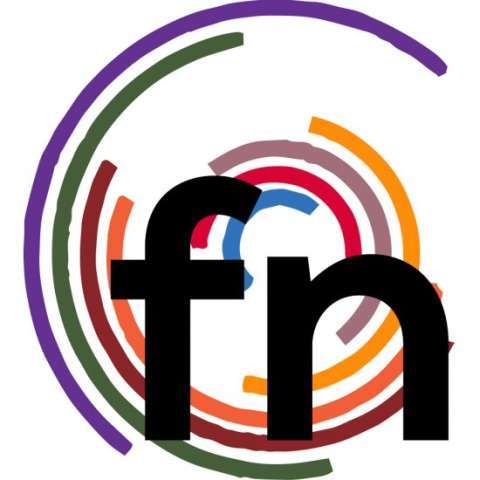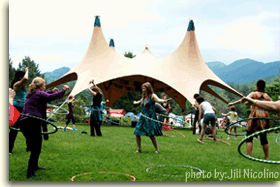How to Attract Local Art Buyers to Your Art Website or Blog
Dan of emptyeasel.comToday, I want to talk about an important SEO (search engine optimization) technique that may not immediately be apparent to online artists.
As you probably already know, SEO is all about using words correctly on your art blog or website, getting links from other websites, and slowly moving up in the search engine rankings for key terms that you WANT people to find you for.
Well, in many cases, the terms you may really want to rank for are just too competitive. Trying to rank on the first page in Google for "oil painter" (for example) will be a tough, tough thing to do, especially if you're just starting out. There are just too many other oil painters around the world trying to do the same thing.
So my advice, especially for artists new to the internet, is to focus on being "local" instead of global. Yes, the internet can reach around the world.. but it may work better, initially, to use the internet to first reach your community, then your city, state, and so on.
How do you do this? By using local keywords and phrases throughout your site, in addition to your key terms (like "oil painter" or "wood sculptures").
Here are some ways to do that..
Read more!




















